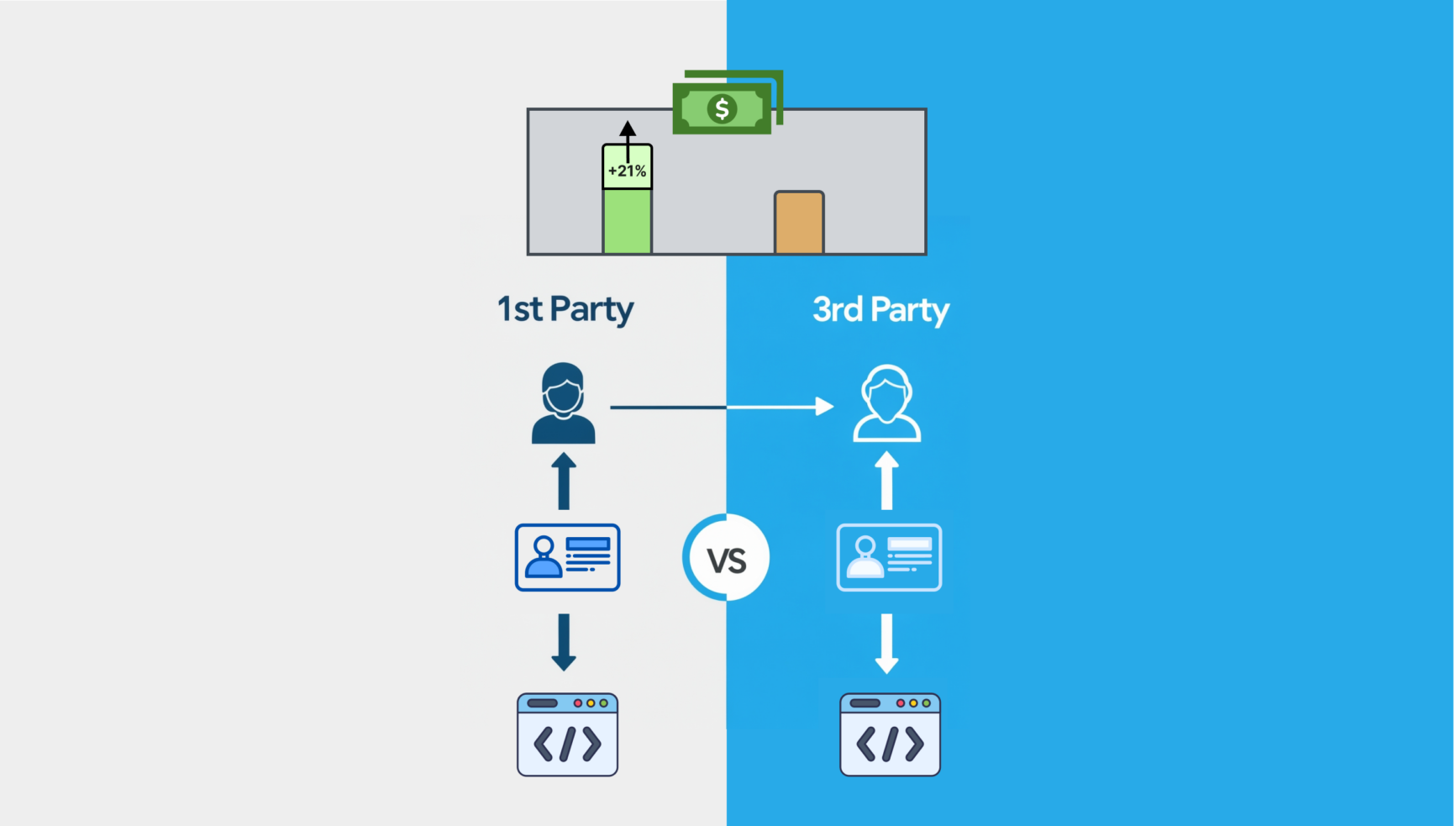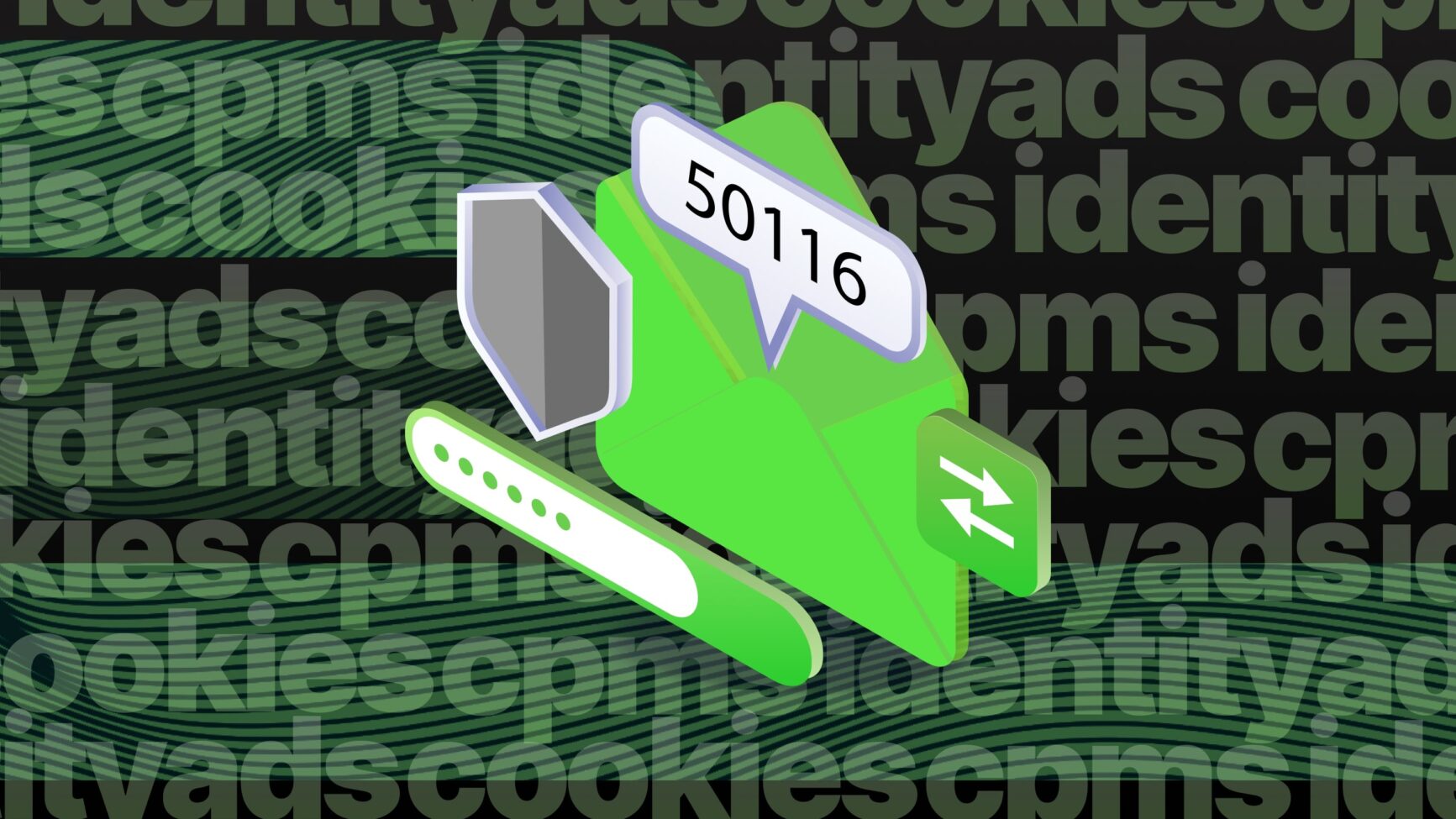Sponsored posts may include additional branding/links from our partners. This is how we make money. We remain editorially independent as per our editorial policy.
This post is sponsored by Binance.
Traditional financial systems have always been a commandment of the publishing industry, with authors earning relatively few royalties, especially in the self-publishing sphere. Payment delays, high transaction fees, and several intermediaries are an imperfect environment for the creators. This is where cryptocurrency, and more specifically Ethereum, has the potential to transform outdated royalty structures that have dominated the publishing world for years.
The digital currency, Ethereum, is a way for authors to accept payments directly from readers without handling so many of the usual middlemen who siphon off a piece of an author’s earnings. Can crypto payments really be used to redefine author royalties? As we tackle the increasingly merged boundaries of cryptocurrency and publishing, it’s clear that Ethereum, and probably blockchain technology, can bring about a new age in how authors are paid for their work, just like it is working its magic on trading platforms like Binance for investors.
The State of Author Royalties Today
So, before we move on to look at the impact Ethereum can have on author royalties, let’s first look at how the current system is working. For physical books, authors in traditional publishing usually get royalties based on their percentage of sales. Usually, the rate is between 10 and 15 percent, and it is slightly higher for eBooks. On Amazon Kindle Direct Publishing, self-publishers can earn around 70%, but all involved in marketing, editing, and distribution are on their own.
Even in the more favorable self-publishing environment like Amazon Kindle Direct mentioned above, authors still run into problems. Payments are months late; processing fees reduce earnings, and currency exchange rates complicate international transactions. Also, these platforms are centralized, and authors have little control over pricing and payments as their income is based on third-party systems and banks.
So, How Can Ethereum Change the Royalties Landscape?
Ethereum represents a decentralized option to relieve royalty payments and give authors more autonomy over the income earned. Here are several vital ways Ethereum could redefine author royalties:
1. Reduced Fees and Direct Payments
Eliminating intermediaries is one of Ethereum’s greatest advantages for authors. In the current publishing model, royalties can go through multiple layers, publishers, distributors, and payment processors, before reaching the author. Each intermediary charges a cut from the author’s final earnings.
By using Ethereum, payments can be made directly from the reader to the author’s wallet, eliminating the middlemen and keeping authoring income in the author’s pocket. Also, Ethereum transactions often have very low fees compared to traditional payment processors—especially for international transactions where currency exchange fees can be expensive.
For example, if an author sells a book to a reader in another country, the payment can be made with Ethereum without the need to convert currencies. This borderless, direct payment system is very beneficial to both the author and the reader.
2. Faster Payments
Traditional royalty payments can be painfully slow. Authors often have to wait months to receive their earnings, especially in foreign markets. These delays are frustrating for authors who need to receive regular income from their work.
Nevertheless, enter cryptocurrency: Once a reader buys a book, the payment is sent to the author’s Ethereum or crypto wallet immediately, skipping banks and financial institutions, which delays payments. This immediate access to funds provides authors with more liquidity and flexibility in managing their finances.
3. Global and Accessible
Since Ethereum operates outside of traditional banking systems, it’s ideal for authors and readers in countries with limited financial infrastructure. Authors in many regions have difficulty obtaining reliable banking services and, in turn, difficulties receiving international payments.
With Ethereum, authors can sell books globally without the hassle of cross-border payments or the limitations of local banking systems. That being said, if readers have access to an Ethereum wallet, they, too, can benefit from reading books directly from authors without needing a credit card or bank account.
4. Introducing Transparency and Smart Contracts
It’s based on blockchain technology, which many know is transparent and not changeable. This means it’s possible to see every Ethereum transaction and where each payment has been made to an author. Such transparency would avoid arguments over unpaid royalties and help authors trust their financial dealings.
Blockchain technology can also utilize smart contracts, self-executing contracts where the agreement is written into the code. This means authors can set up royalty payments to be automatically deposited into their bank account under certain conditions, e.g., a percentage of sales or recurring monthly payments for a subscription-based model. They could also enable authors to split royalties from collaborators such as editors, illustrators, and co-writers without relying on a third-party payment service.
The Challenges of Ethereum for Author Royalties
Ethereum offers the possibility of brilliant new author royalties, but to make adoption a reality, barriers must also be overcome.
1. Volatility
Concerning authors needing consistent income, Ethereum and crypto, in general, are notorious for their price volatility. Over short periods, the value of Ethereum can go up or down dramatically, resulting in an author’s earnings in Ethereum being worth a lot (or not) when converted to local currency. This means some authors may want to convert Ethereum to fiat currency as soon as possible to avoid some price swings, but others may want to hold onto their Ethereum in the hope of future gains. Whatever the case, the potential volatility of Ethereum payments should be managed.
2. Adoption and Usability
Ethereum is becoming mainstream but is not widely used by the average reader. Many people don’t know how to buy or use Ethereum, so Ethereum’s ability to become a primary payment method for books could be limited. Authors, especially those who are not tech-savvy, may find managing cryptocurrency, and setting up a wallet to be daunting. However, as the platforms and tools for handling crypto payments keep growing, these barriers should decrease, and Ethereum payments will become more available.
3. Regulatory Delay
Yet, cryptocurrency regulation is still in process, and different countries are handling Ethereum differently, with some placing a heavy taxing regime while others remain more hands-off regarding Ethereum regulation. Authors who want to take advantage of Ethereum royalties need to know their country’s regulatory environment to remain in good standing as far as tax laws are concerned and stay on the right side of the law.
For instance, in some countries, crypto transactions can, in fact, be taxed by the capital gains tax, which might complicate authors’ accounting. If authors will incorporate Ethereum into their royalty payments, they need to navigate all these regulatory challenges.
Ethereum in Publishing: The Future
However, that doesn’t mean Ethereum isn’t showing potential as a force that can reshape author royalties. If more people get comfortable using crypto and the tools to manage Ethereum transactions continue to improve, we could see more authors opting to take Ethereum directly.
















